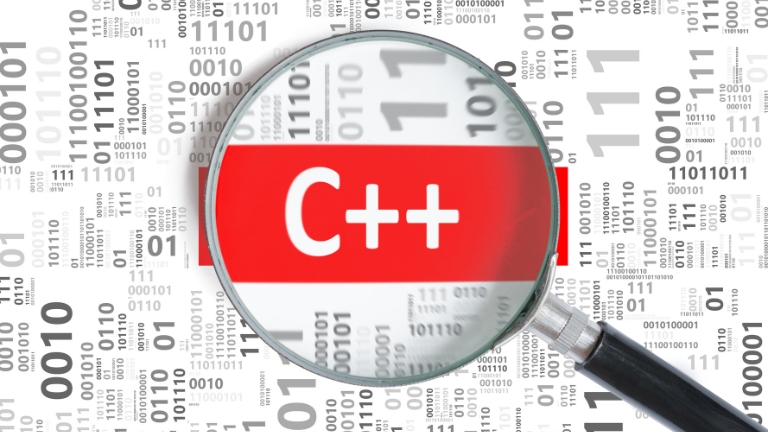C++ pointers are a powerful feature that allows working with memory addresses. However, managing memory properly is crucial to avoid issues like memory leaks. This article focuses on deleting a void pointer in C++, which requires special care due to the absence of a specific type. Let’s explore the details and learn how to delete void pointer in c++.
How Does Deletion of Void Pointers Work?
Deleting a void pointer in C++ requires understanding memory allocation and deallocation. Normally, memory is allocated with the new operator and deallocated with delete. However, void pointers pose a challenge due to their lack of a specific type.
Why Use Void Pointers?
Void pointers in C++ are versatile and can store addresses of any object type. They offer flexibility in handling various data types and are commonly used when working with different data dynamically. With void pointers, you can write more generic code capable of handling multiple types of data.
Steps to Safely Delete a Void Pointer
To delete a void pointer in C++, you must follow a specific process. Let’s outline the steps:
Step 1: Cast the Void Pointer
- Since void pointers lack a specific type, you need to cast them to the appropriate type before deletion.
- Consider the following example:
void* myPointer = new MyClass();
In this example,
myPointeris a void pointer that holds the address of an object of typeMyClass. To delete it safely, you need to cast it back toMyClass*.
Step 2: Delete the Casted Pointer
- Once you have cast the void pointer, you can delete it using the
deleteoperator as you would with any other pointer. - Continuing from the previous example:
MyClass* castedPointer = static_cast<MyClass*>(myPointer);
delete castedPointer;
Now, the memory occupied by the object pointed to
myPointeris deallocated correctly.
Conclusion
To safely delete a void pointer in C++, it is important to handle the lack of a specific type associated with void pointers. By following the steps provided in this article, you can ensure proper deletion and avoid memory leaks or other problems.
Remember to cast the void pointer to the correct type before using the delete or delete[] operator, depending on whether it points to a single object or an array. Implementing effective memory management practices is essential for creating reliable and efficient C++ code.









